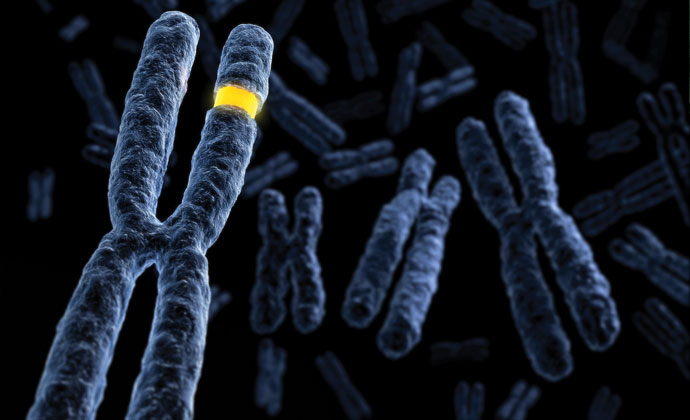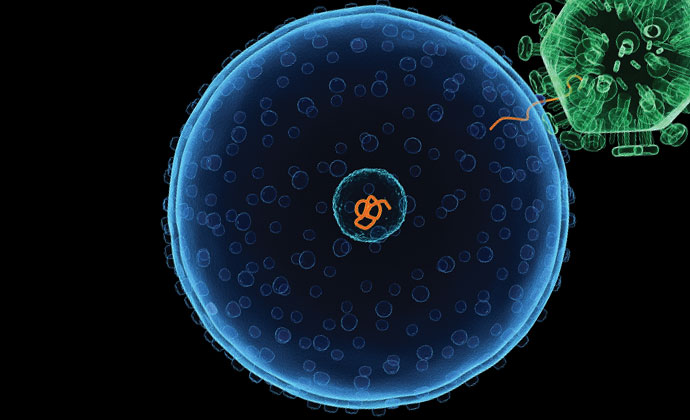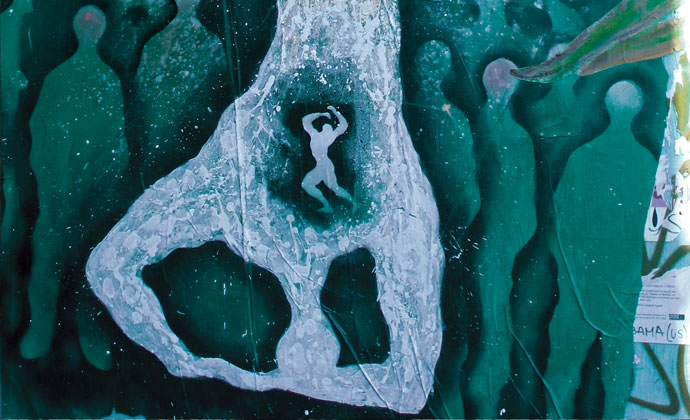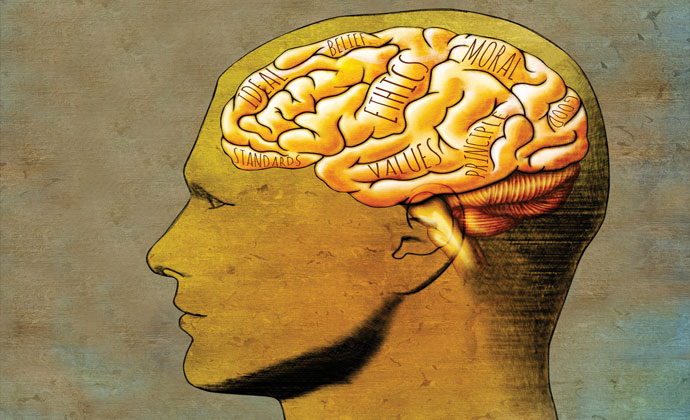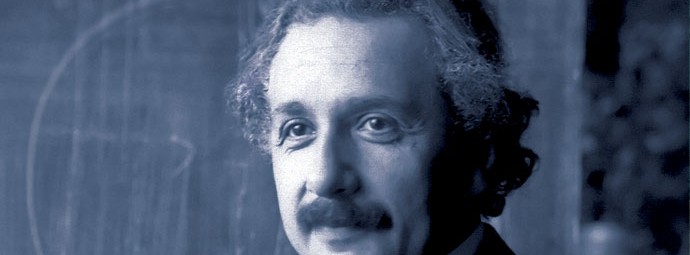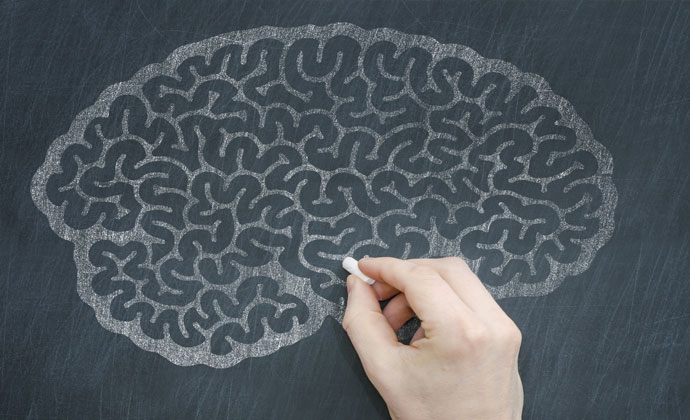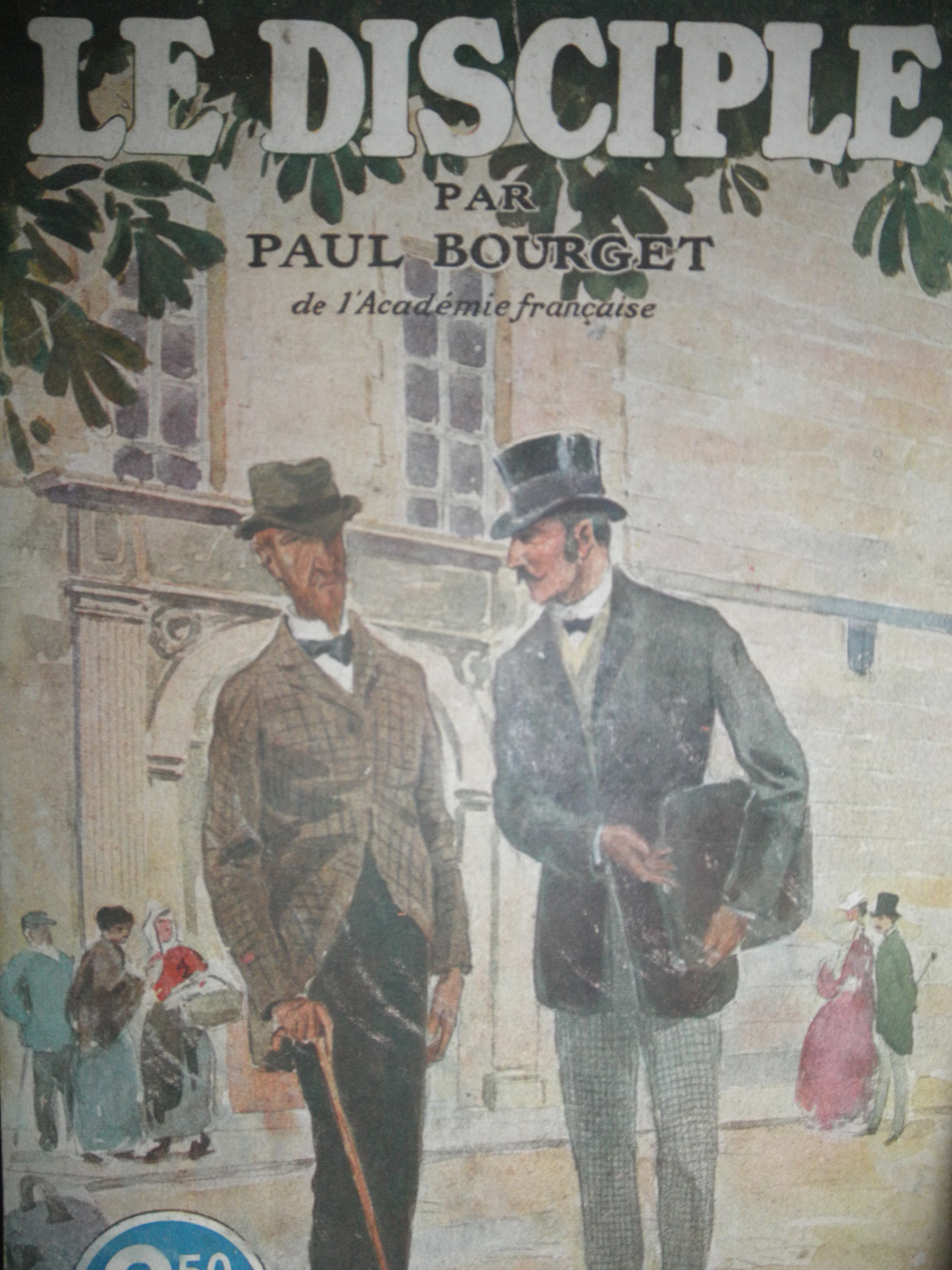Sylvia Berryman: How Many Philosophers Does It Take To Haul A Ship? Thoughts on the Philosophical Reception of Ancient Greek Mechanics
ABSTRACT Sylvia Berryman’s talk focuses on ancient Greek mechanics, which were so crucial to the emergence of the ‘mechanical world picture’ and the New Science in the seventeenth century. These same mechanics also provoked philosophical responses from the philosophers of late antiquity. By observing responses to Aristotle’s ‘ship hauler’ problem, Berryman will reveal a new [...]
Nancy Cartwright: Evidence, Argument and Mixed Methods
ABSTRACT Dr. Cartwright’s lecture, Evidence, Argument and Mixed Methods, focuses on effectiveness predictions for illustration. Effectiveness predictions are predictions that well-defined policies will produce targeted outcomes in the present, as soon as they are implemented. Randomized controlled trials are touted as a gold standard for effective prediction claims – but there is a catch, which [...]
Nancy Cartwright: Wiser Use of Social Science, Wiser Wishes, Wiser Policies
ABSTRACT In Dr. Cartwright’s lecture, Wiser Use of Social Science, Wiser Wishes, Wiser Policies, she considers the rhetoric of blame and accountability with regards to social issues such as protection of children from domestic abuse. Amidst calls for best practice, and the insistence on implementing only policies that work, Cartwright questions whether policies that ‘work’ [...]
Michael Parker: Moral Craft in the Genetics Clinic and Laboratory
ABSTRACT Dr. Parker’s talk will explore the moral world of the contemporary genetics profession at a key moment in its development. In particular, the talk will focus on the relationships between the well-established and reasonably stable moral commitments underpinning ideas of ‘good practice’ in contemporary clinical genetics –- such as those to the care of [...]
Moira Howes: Agency and the Evolution of Human Reproductive Immune Functions
Dr. David S.H. Chu International Student Centre International and Graduate Affairs Building, Western University, London, Ontario, CanadaABSTRACT Dr. Howes’ talk is on how a variety of problematic assumptions about human biology in the environment of evolutionary adaptation are made in evolutionary and immunological accounts of reproductive immunology. Drawing on evidence from numerous scientific fields, Howes will argue that these assumptions are scientifically flawed and that they involve substantial oversights. SPEAKER PROFILE [...]
Stephen Gaukroger: Sensibility and Metaphysics: Diderot, Hume, Baumgarten and Herder
ABSTRACT In the 1760s, Herder sets out a program for replacing metaphysical inquiry into the nature of thought with an anthropological account of the nature of thought. To understand the novelty and significance of Herder’s project, Gaukroger places Herder’s philosophical anthropology in the context of his contemporaries, Diderot, Hume and Baumgarten. SPEAKER PROFILE Stephen Gaukroger [...]
George Reisch: The Paranoid Style in American History of Science
ABSTRACT 2012 marks the 50th anniversary of the publication of Thomas Kuhn’s seminal book, The Structure of Scientific Revolutions. Reisch points out that it is no coincidence that the book was conceived, written, and published in America during the most stressful and anxiety-ridden years of the cold war. Reisch’s talk traces Kuhn’s influential book’s relationship [...]
Lainie Ross: Deceased Donor Kidney Allocation: Equity, Efficiency and Unintended Consequences
ABSTRACT In her talk, Ross describes three ways that kidney donations are allocated to those in need of a kidney transplant, including the Equal Opportunity Supplemented by Fair Innings (EOFI) method. She will discuss the conceptions of efficiency and equity that are employed by each model, and evaluate whether EOFI could conform to the National [...]
Patricia Churchland: Braintrust: What Neuroscience Tells Us About Morality
ABSTRACT In her talk, renowned philosopher Churchland speaks about how the evolution of the mammalian brain led to the expansion from ‘me’ to ‘me-and-mine’ – the very heart of morality. Learn about ‘caring circuitry’ in the brain, and how the brain molecule oxytocin is at the hub of the intricate neural adaptations sustaining our society. [...]
Eric Schliesser: What Happened to Knightian (and Keynesian) Uncertainty Post WWII?
Dr. David S.H. Chu International Student Centre International and Graduate Affairs Building, Western University, London, Ontario, CanadaABSTRACT In this talk, Schliesser discusses the displacement of Knightian uncertainty from economics after 1945 by two new strategies. He will look at this discarded theory that could no longer be articulated, or even recognized, by the new theories that displaced it. Schliesser will also discuss the recent return to the concept of economic uncertainty [...]
John Norton: Einstein as the Greatest of the 19th Century Physicists
ABSTRACT Modern writers often endow Einstein with a 21st century prescience about physical theory that, it just so happens, is only now vindicated by the latest results of the same writers’ research. Norton explores another side of Einstein – the sense in which his work fulfills the discoveries of the 19th century. SPEAKER PROFILE John [...]
John Norton: Approximation and Idealization
ABSTRACT This Rotman Lecture focuses on approximation and idealization, and how important the fact that only idealizations involve novel reference is when describing infinite limits, as in statistical mechanics. SPEAKER PROFILE John D. Norton studied chemical engineering at the University of New South Wales (1971-1974), then worked for two years as a technologist at the [...]
Wendy Parker: Beyond Prediction: The Computer as ‘Inductive Device’ in the Study of Weather and Climate
ABSTRACT In this talk, Parker will examine how scientists have used computers to understand weather and climate, and how the computer might be even better used in the future to impact our understanding of meteorology. She discusses this against the backdrop of the study of severe storms and climate change. SPEAKER PROFILE Wendy Parker is [...]
Alfonso Caramazza: Levels of Representation in the Mind/Brain: What Good Are Sensory-Motor Representations?
ABSTRACT In this talk, Dr. Caramazza examines the long debated relationship between the sensorimotor systems and thought. There is a major divide between scientists who reduce sensorimotor representations, and those who consider concepts as too abstract or symbolic for simple reduction to sensorimotor patterns. He will discuss these views through the analysis of various phenomena [...]
William Bechtel: Investigating Neural Representations: The Tale of Place Cells
ABSTRACT While neuroscientists often characterize brain activity as representational, many philosophers have construed this as just a theorist’s gloss on the mechanism. Moreover, philosophical discussions commonly treat neuroscience accounts as finished accounts, not as works in progress. I adopt a different perspective, considering how characterizations of neural activity as representational contributes to the development of [...]
Naomi Oreskes: Merchants of Doubt: Using History and Philosophy of Science to Understand the Climate Change Debate
Great Hall - Somerville House Somerville House, Western University, London, Ontario, CanadaABSTRACT On vital issues such as genetically-modified foods and climate change, having correct scientific knowledge is vital for making good public policy. How does philosophy help us understand science? How strong is the scientific consensus about climate change, and the effects our species has on it? Naomi Oreskes, co-author of the award-winning book Merchants of [...]
Rotman 2013 Annual Conference: Science and Reality
CONFERENCE DESCRIPTION Science has changed the ways we think of, and act on, the world. But do we really understand the relation between scientific theories and the world? Are there different perspectives on the world? How can it be that science, a characteristically human and social endeavour, yields successful predictions and fruitful explanations? What is [...]
Michaela Massimi: Perspectival Realism
ABSTRACT In her talk, Massimi will review the problems and prospects of scientific perspectivism. Scientific perspectivism has been advocated as a philosophical view that can account for the use of incompatible models in science, and as a middle ground between scientific realism and relativism. SPEAKER PROFILE Michela Massimi is a senior lecturer in Philosophy of [...]
Stathis Psillos: Revisiting the ‘Bankruptcy of Science’ Debate
ABSTRACT The ‘bankruptcy of science’ controversy took place in France towards the end of the nineteenth century. It was a heated debate among scientists, philosophers, literary critics, novelists and various public figures that was widely advertised in the press and caught the attention of the wider public on both sides of the Atlantic. It initially [...]
Douglas Kutach: Empirical Fundamentalism
Room 1145 - Stevenson Hall Stevenson Hall, Room 1145, London, Ontario, CanadaABSTRACT The program is built on two main ideas. First, metaphysics should be understood primarily in term of a certain concept of fundamental reality. The fundamental/derivative distinction is meant to replace a variety of competitors such as the reality/appearance distinction, the objective/subjective distinction, the scientific and manifest image, the realism/anti-realism distinction, and the distinction between [...]



